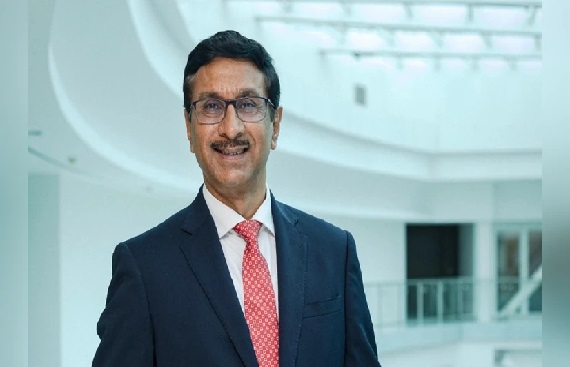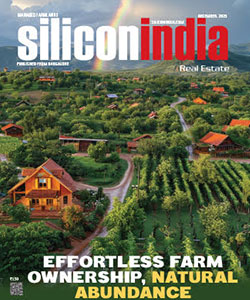JSW Steel Preparing For CBAM Framework Says CEO Jayant Acharya

- JSW Steel gears up for EU’s Carbon Border Adjustment Mechanism (CBAM) with a green steel plant in Salav, Maharashtra, targeting 4 mt capacity by FY31 through low-carbon DRI technology.
- CEO Jayant Acharya affirms dual strategy strengthening India’s domestic growth while preparing for low-emission export compliance under the new EU carbon regime.
- Through its SEED decarbonisation initiative, JSW aims to cut 18 mt of COâ‚‚ by 2030, supported by a 25 MW green hydrogen electrolyser producing 3,800 t annually.
JSW Steel is actively positioning itself for the imminent adoption of the Carbon Border Adjustment Mechanism (CBAM) by the European Union, which indicates a strategic realignment into low-carbon steel manufacturing even as it is still dominated by its core domestic Indian market. Its joint managing director and CEO, Jayant Acharya, highlighted that India's growth potential remains the top priority, but admitted that export preparedness in the new EU regime is equally a key driver.
He shared that the firm is constructing in Maharashtra's Salav a green steel facility with a projected capacity of up to 4 million tonnes (mt) based on direct reduced iron (DRI) from natural gas and renewable fuels over two phases by FY31. The first phase will account for 2 mt towards its overall 50 mt capacity goal.
The CBAM, designed to level the playing field by applying a 'carbon cost' to imports into the EU that currently escape emission-pricing, will become effective from January 1 and aims to replace the steel safeguard measure due to expire in June 2026. The EU has proposed cutting its tariff-free steel import quota to 18.3 mt a year nearly 47 percent down from 2024 levels and doubling out-of-quota duties to 50 percent, thereby intensifying pressure on exporters to meet the new low-emission threshold.
Also Read: India Launches Probe into Suspected Steel Dumping by Asian Exporters
JSW Steel is holding its expansion plans on tenterhooks as it waits for clearer contours on CBAM's design and tariff regimes, to be announced in November. At the same time, in India, the firm is working aggressively on reducing emissions through its 'SEED' (Sustainable Energy, Environment and Decarbonisation) project aiming at cutting 18 mt of COâ‚‚ emissions by 2030. Part of this, it has already installed a 25 MW green hydrogen electrolyser that can produce around 3,800 tonnes per year.
The Salav plant is planned to be JSW's major base for low-carbon steel production, and capacity is considered well in excess of expected export demand over the medium term. All of this represents a dual-track strategy: capturing robust domestic demand while leading the way on global regulatory movements in carbon-constrained steel markets.
Read More News :
Jindal Steel Appoints Gautam Malhotra as CEO After Five-Year Gap
Air India Express Unveils Upgraded Boeing 737 with New Cabin



